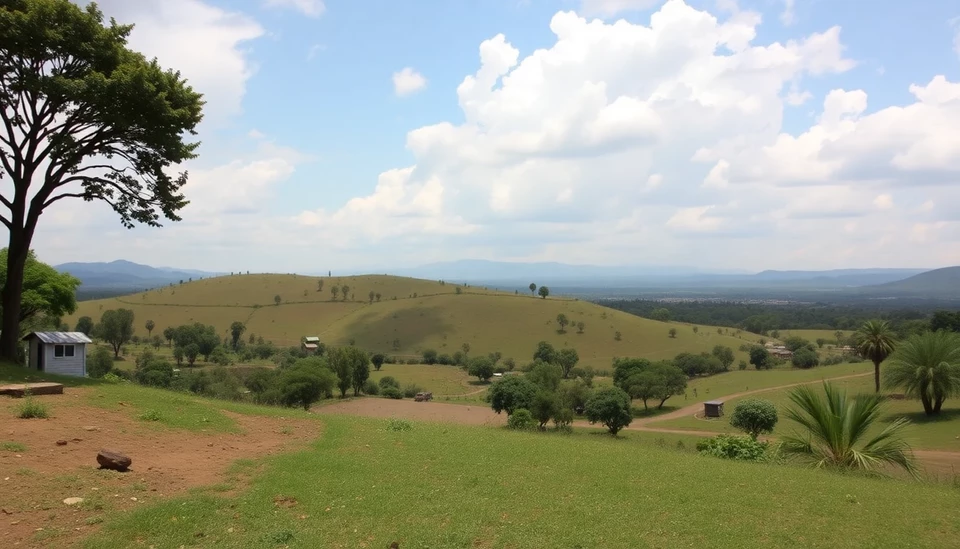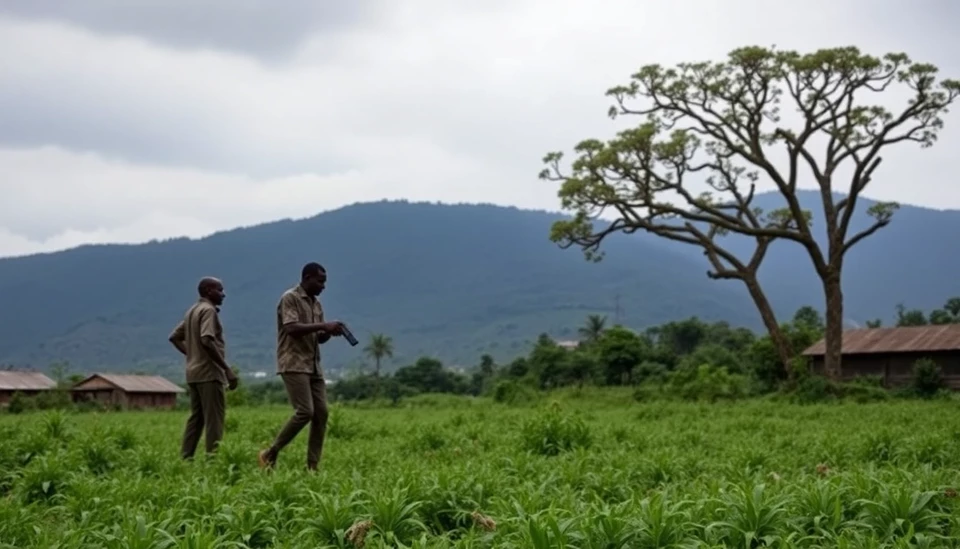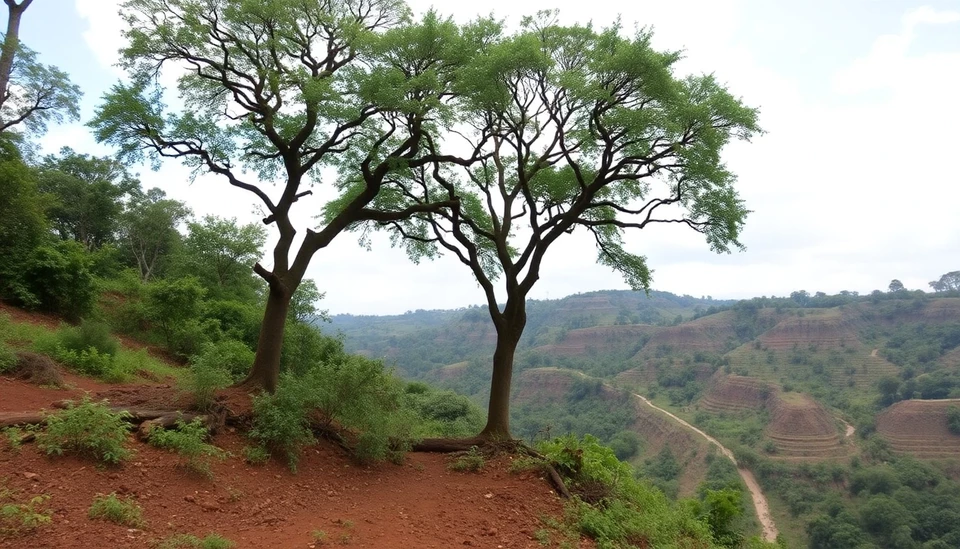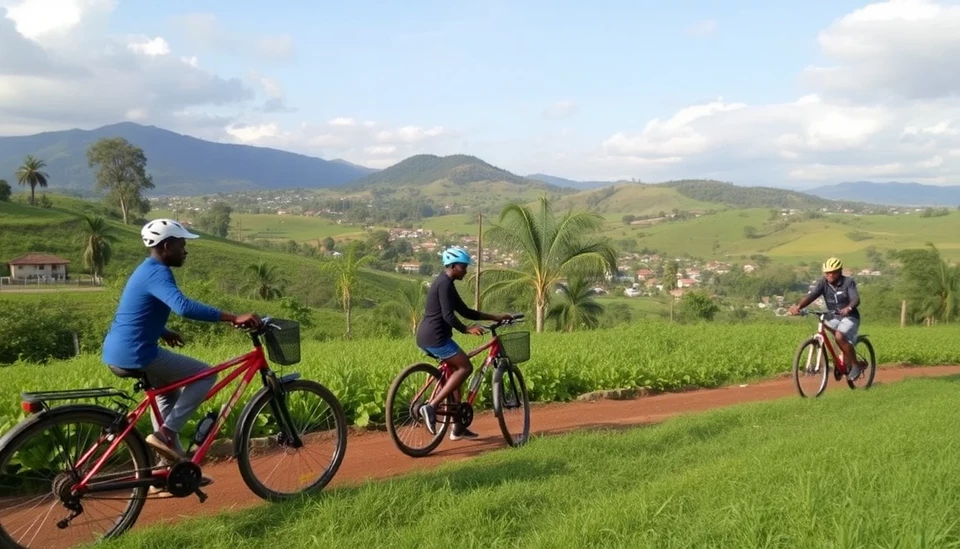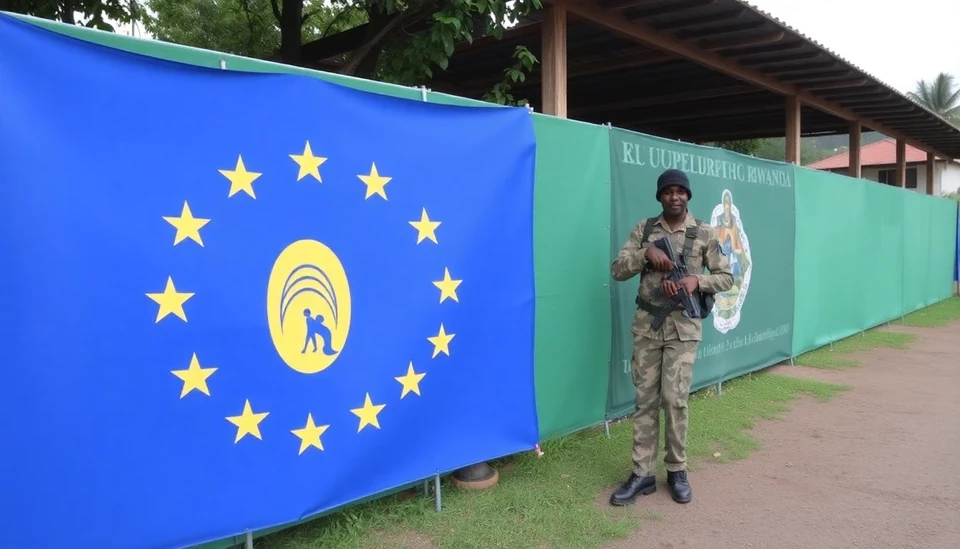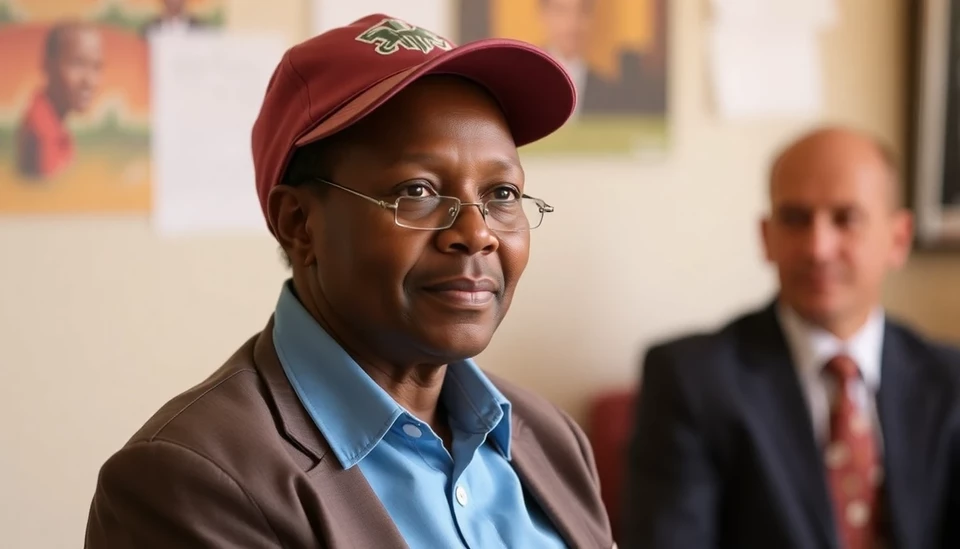
In a developing and alarming situation, Rwanda is grappling with the repercussions of an ongoing conflict in the Democratic Republic of the Congo (DRC). The upheaval in Congo has intensified regional tensions, directly impacting Rwanda’s economic stability, especially considering the nation’s elevated levels of debt. As hostilities escalate, analysts warn that Rwanda's precarious financial state may face increasing strain, prompting concerns over potential defaults or financial crises.
The DRC has been embroiled in a complex conflict involving various armed groups, including the M23 rebels, which have historically drawn Rwanda into the fray due to close ties. The unstable environment has pushed millions out of their homes and created a humanitarian crisis, with Rwanda, alongside other neighboring countries, facing immense pressure to respond. This response includes military and logistical support, which simultaneously burdens Rwanda's financial obligations.
Rwanda's debt has reached concerning levels, with its total public debt surpassing 70% of GDP. This figure is alarming for a country that has leaned heavily on foreign investments and aid to fuel its development agenda. The nation’s Ministry of Finance is now in a balancing act, attempting to contain mounting domestic expenditures while also addressing potential fallout from any military engagement in Congo.
Economic analysts are keeping a close eye on Rwanda’s bonds, which have recently seen increased yields, reflecting heightened investor anxiety. The country’s previous attempts to attract foreign investment are now jeopardized; potential investors are scrutinizing Rwanda’s involvement in the Congo conflict as a risk factor. The consequence of these political and economic dynamics culminates in a precarious financial landscape where Rwanda must navigate carefully to prevent an economic downturn.
Moreover, remittances, which play a significant role in Rwanda’s economy, could also be affected by the regional instability. Families abroad may be hesitant to send money back home if the situation deteriorates further. Consequently, this could strain consumer spending in a nation already reliant on domestic consumption for growth, raising the specter of a potential recession.
Internationally, the situation has drawn attention to Rwanda’s hidden potential for growth and its strategic location in Eastern Africa. However, the unfolding conflicts may overshadow these opportunities. Global watchdogs are warning that the combination of local unrest and national debt can create a ripple effect that not only threatens Rwanda but can also have adverse impacts on the broader East African economic community.
In the face of these challenges, Rwandan officials are likely to seek assistance from international partners, including the International Monetary Fund (IMF) and World Bank, to bolster fiscal resilience. The country will need to negotiate carefully to ensure that any assistance does not come with conditions that could further constrain its economic independence.
As the challenges mount, Rwanda stands at a crossroads. The decisions made today will define the future economic landscape of the country. The government must act decisively and strategically to safeguard its economic interests while navigating the turbulent waters of regional conflict.
The outcome in Congo not only concerns the immediate humanitarian issues but also poses significant long-term economic threats to Rwanda. The international community is watching closely, and how the Rwandan leadership responds to these challenges will be critical for the nation's stability and prosperity in the years ahead.
#Rwanda #Congo #Conflict #Economy #Debt #EastAfrica #M23 #HumanitarianCrisis #RegionalTensions
Author: Rachel Greene
